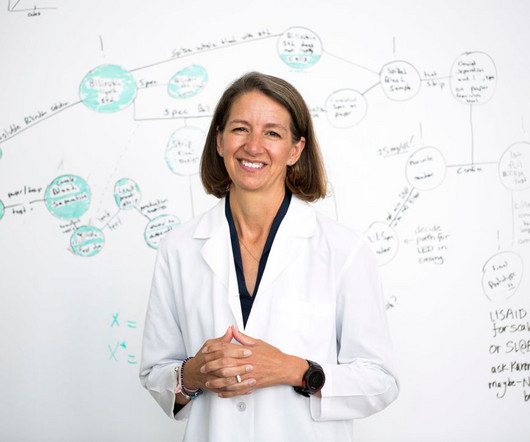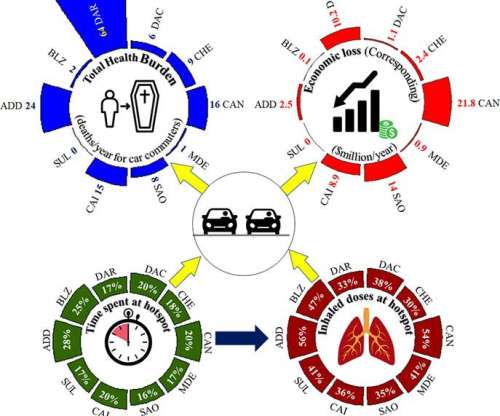This Rice University Professor Developed Cancer-Detection Technology
Cars That Think
JANUARY 8, 2024
Richards-Kortum is a professor of bioengineering at Rice University , in Houston, and codirector of the Rice360 Institute for Global Health Technologies , which is developing affordable medical equipment for underresourced hospitals. in 1990, she joined the University of Texas at Austin as a professor of biomedical engineering.












Let's personalize your content